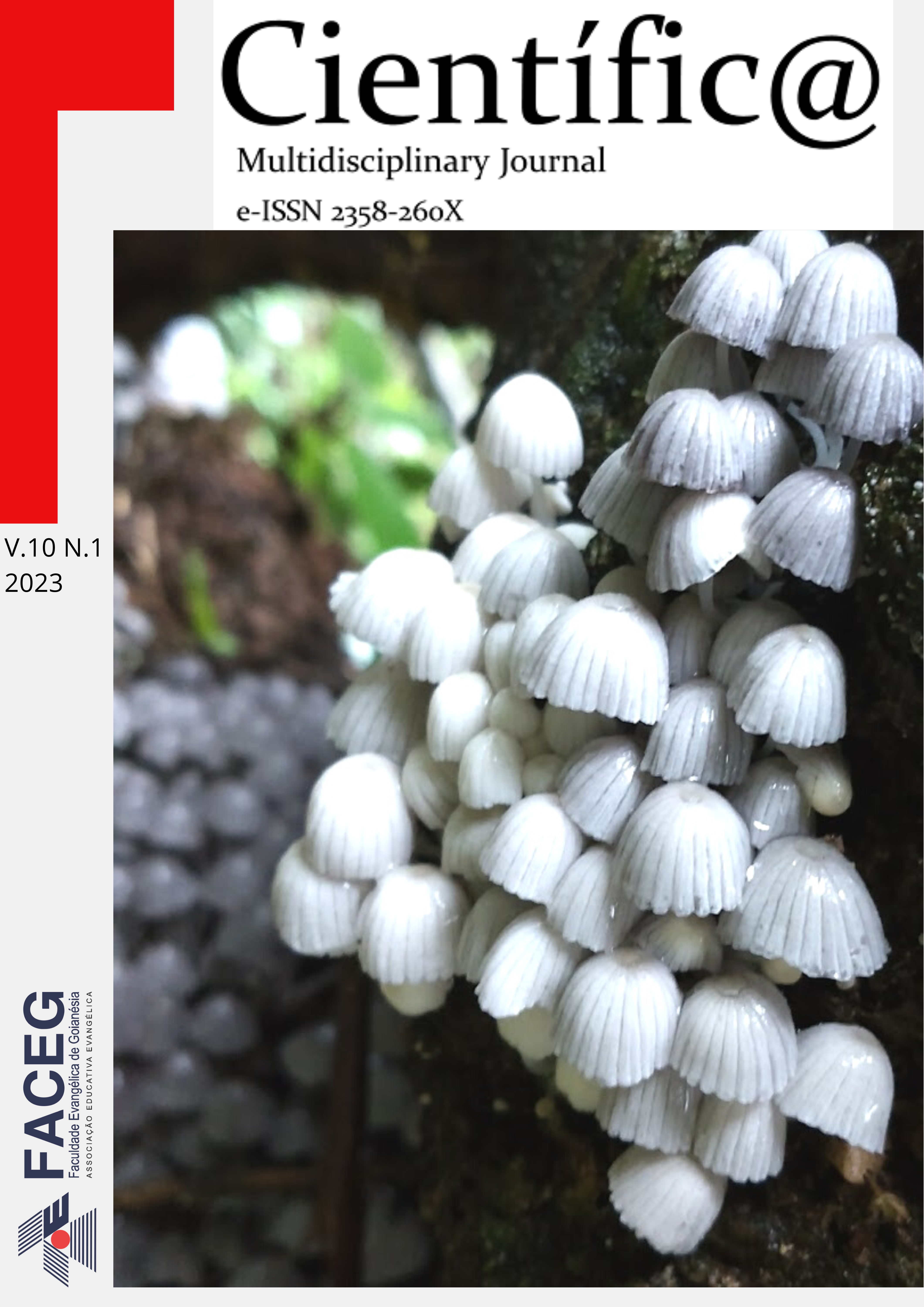QUALIDADE MICROBIOLÓGICA E FÍSICO-QUÍMICA DA GELEIA DE TAMARINDO A BASE DE DIFERENTES TIPOS DE AÇÚCARES
DOI:
https://doi.org/10.37951/2358-260X.2023v10i1.6439Resumo
O tamarindo (Tamarindus indica L.) é uma planta arbórea, multiúso, sendo considerada importante fonte alimentícia, devido à polpa do fruto, que pode ser consumida in natura ou utilizada no preparo de sucos, sorvetes, licores e doces seu fruto é caracterizado pelo seu sabor ácido e grande quantidade de calorias. Sua polpa é rica em vitaminas A e C, fibras, antioxidantes e minerais, tendo indicação nos cuidados da saúde da visão e do coração. Diante o exposto o objetivo deste trabalho foi desenvolver um produto à base de polpa de tamarindo, avaliando a qualidade microbiológica e físico-química. Foram elaboradas quatro formulações variando os açúcares: F1 (50% de açúcar cristal), F2 (50% de açúcar refinado), F3 (50% de açúcar mascavo), F4 (50% de açúcar demerara). Foram avaliados os parâmetros de pH, acidez titulável, umidade, sólidos totais, cinzas e sólidos solúveis (°Brix seria a unidade). Foram avaliados também os coliformes a 35 °C e a 45 °C (NPM/g) nas diferentes formulações da geleia de tamarindo. Os resultados dessas análises foram submetidos a estatística e a análise de variância e teste de Tukey em nível de significância de 5% utilizando o programa SISVAR. Os resultados das análises microbiológicas indicaram que as geleias de tamarindo estavam de acordo com os parâmetros estabelecidos pela legislação brasileira. A escolha do açúcar para fabricação da geleia afetou diretamente em alguns fatores como acidez, umidade e sólidos totais, fatores esses que influenciam na viscosidade e sabor da geleia, além disso a escolha do açúcar influenciou no custo de produção pois os diferentes tipos de açúcares utilizados possuem preços bastante distintos uns dos outros. Portanto, levando-se em conta todos os fatores citados anteriormente e ao fato de o açúcar cristal ser o mais utilizado na culinária nacional, a geleia de tamarindo a base de açúcar cristal é indicada para a fabricação devidos às suas características físico-químicas.
PALAVRAS-CHAVE: Geleia. Tamarindo. Fruta. Açúcar.
Downloads
Publicado
Como Citar
Edição
Seção
Licença
Esta revista oferece acesso livre imediato ao seu conteúdo, seguindo o princípio de que disponibilizar gratuitamente o conhecimento científico ao público proporciona maior democratização mundial do conhecimento.
A partir da publicação realizada na revista os autores possuem copyright e direitos de publicação de seus artigos sem restrições.
A Revista Científic@ - Multidisciplinary Journal segue os preceitos legais da licença Creative Commons - Atribuição-NãoComercial 4.0 Internacional. 

